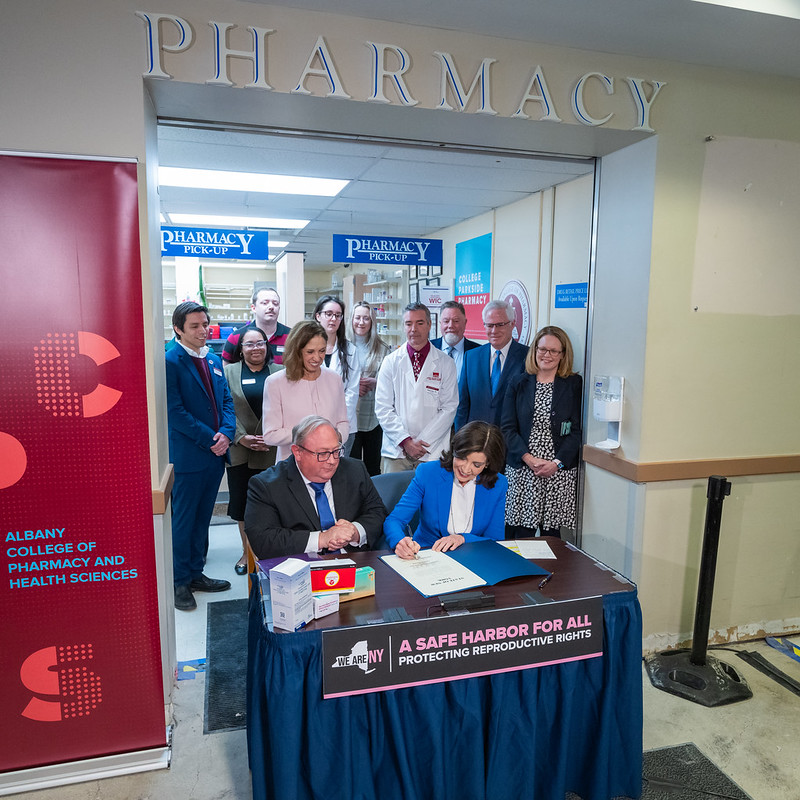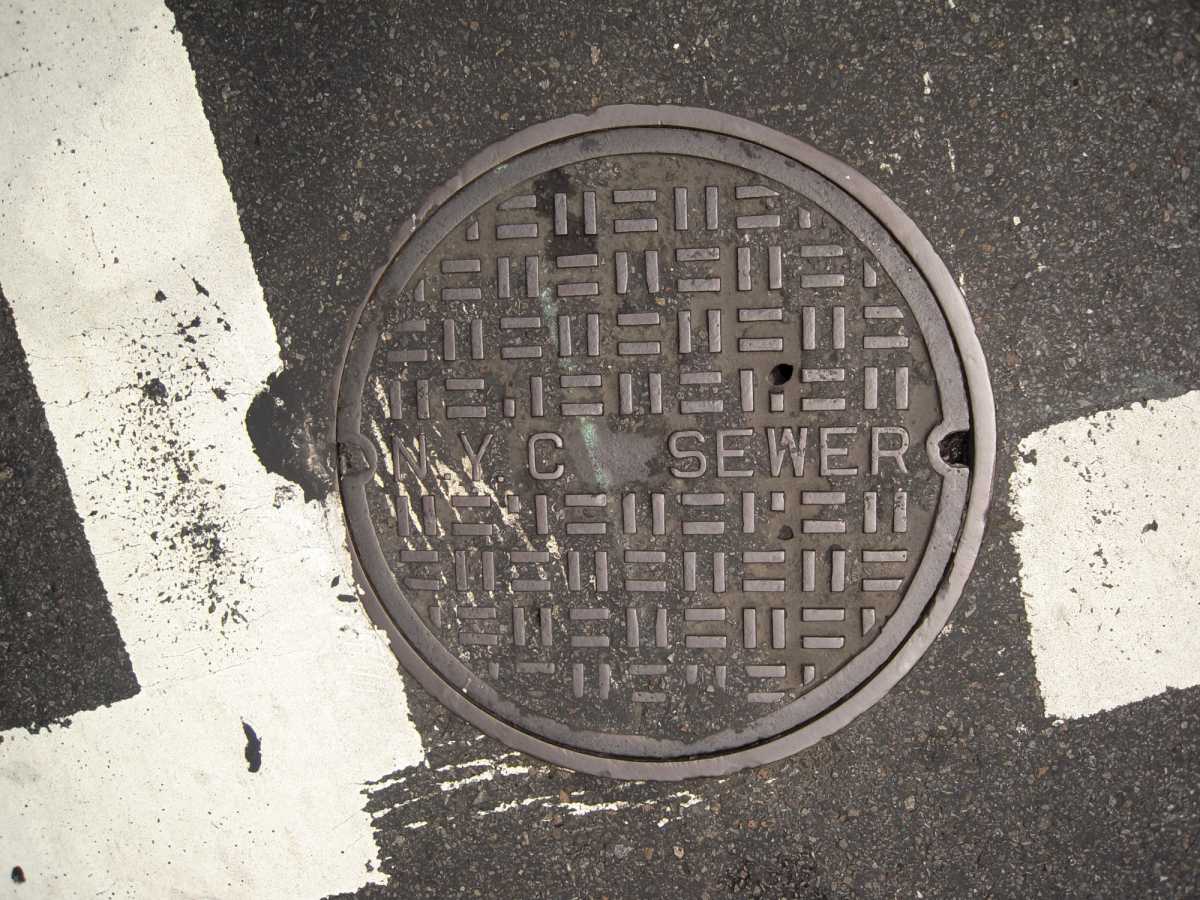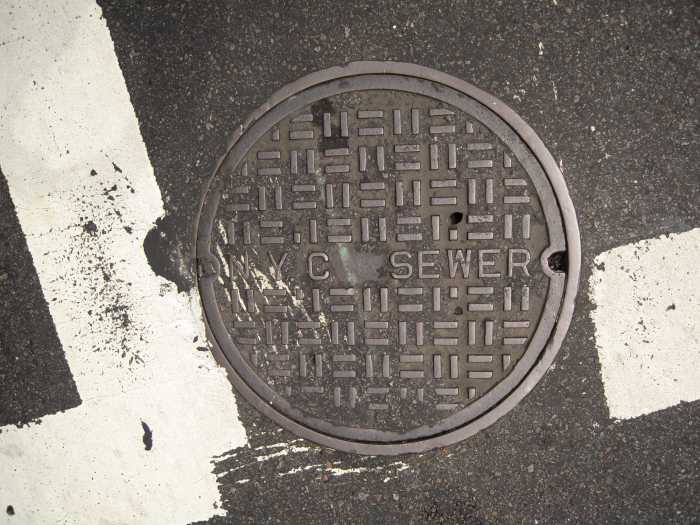In a historic move for women’s healthcare in New York state, Gov. Kathy Hochul signed a standing order Tuesday allowing pharmacists to provide over-the-counter hormonal contraceptive medication to patients.
The measure is designed to make it easier for women who have difficulty accessing a primary care provider to get safe and effective contraception at their local pharmacies, according to the governor. Pharmacies that choose to participate in the program could potentially be ready to dispense the contraceptives as soon as this spring.
“At a time when reproductive rights are under attack, New York State will continue to fight for every individual’s right to access the health care they need,” Hochul said. “Starting a family is a deeply personal decision and New York state will always be a place where people can access safe and effective contraceptives.”
The order pertains to three types of self-administered hormonal contraceptives that are approved by the U.S. Food and Drug Administration (FDA) to prevent pregnancy: the oral hormonal pill, hormonal vaginal ring and hormonal contraceptive patch.
Not every pharmacy has to participate, but those that do can dispense up to 12 months of the permitted contraceptive of the patient’s preference and be covered under insurance.
How easy will it be to access OTC hormonal contraceptives?
A list of available pharmacies providing the medication is not available at press time. New Yorkers should reach out to their local pharmacy for more information about if and when it will be available, the Governor’s office advised.
Access to the medication will not be as easy as walking into a pharmacy and asking for it. Since all the medications will be self-administered, the state will require pharmacists to provide patients with a self-screening, patient intake form.
If the pharmacist deems the selected medication appropriate, they will provide counseling including direction for self-administered usage, potential risks associated with medications and risk for HIV and other sexually transmitted infections.
Patients must self-screen at least every 12 months. Pharmacists will be required to notify the patient’s doctor—given they have one—within 72 hours of dispensing the medication.
“Self-administered hormonal contraceptives are used by thousands of New Yorkers for a variety of reproductive health needs—including but not limited to the treatment of irregular menstrual cycle—as well as to prevent a pregnancy,” said Leigh McConchie, RPh, president of the Pharmacists Society of the State of New York Board. “A patient’s pharmacy is often more available and convenient than a physician’s office or reproductive health care office, especially when time is of the essence.”
Opill, an oral contraceptive pill, now available online and in some stores
In related news, Opill, an oral contraceptive that the FDA cleared for sale over the counter last year, is now available online without a prescription in the United States. According to NPR, retailers will sell the medication alongside condoms, pregnancy tests and similar family planning products.
According to the FDA, the availability of OTC Opill helps “reduce barriers to access by allowing individuals to obtain an oral contraceptive” without the need to first see a doctor.
The FDA also said almost half of the 6.1 million pregnancies in the country each year are unintended. According to the agency, unintended pregnancies have been linked to negative maternal and perinatal outcomes, including reduced likelihood of receiving early prenatal care and increased risk of preterm delivery, with associated adverse neonatal, developmental and child health outcomes.



































